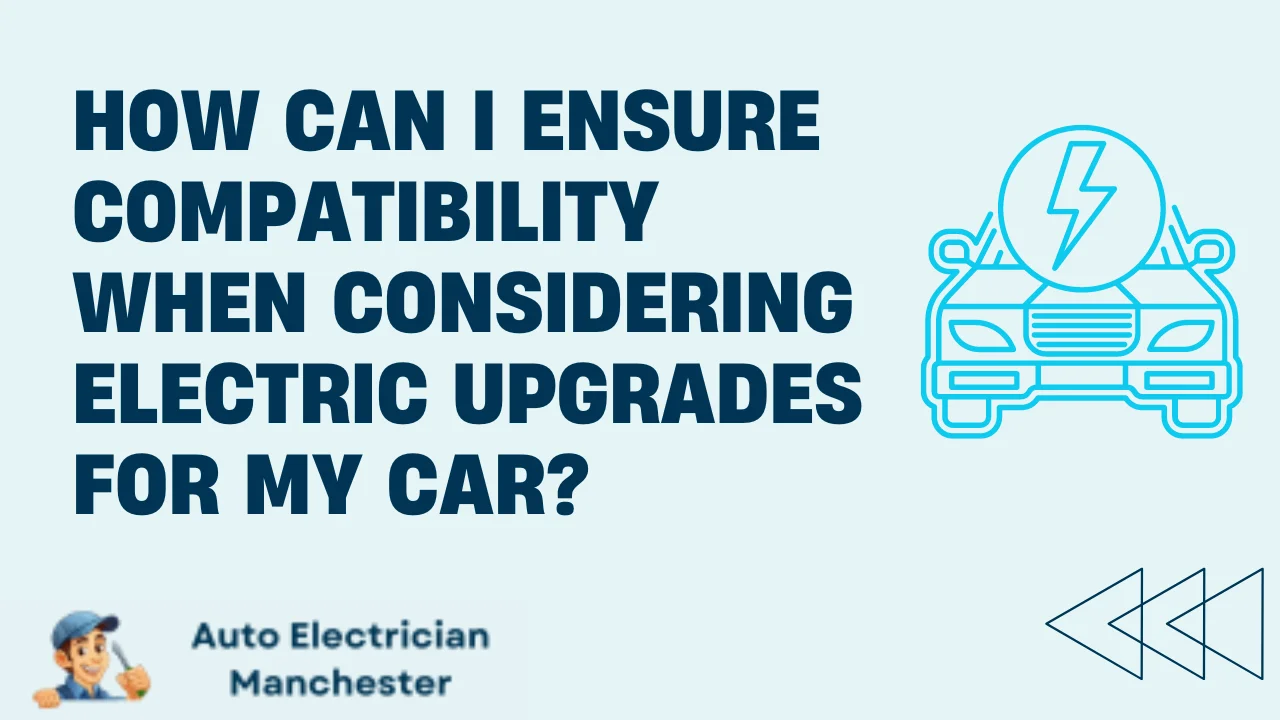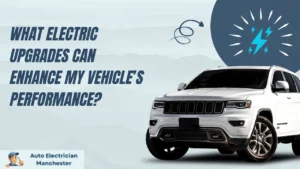
Imagine cruising down the road in your favorite car, but with a silent, electric purr and zero emissions. Converting a beloved gasoline-powered car to electric can be a thrilling way to breathe new life into it while joining the vanguard of eco-conscious driving. However, ensuring compatibility between your cherished car and its electric upgrade requires meticulous planning. This guide will empower you to navigate the exciting world of electric car conversions with confidence, ensuring a seamless transition towards a sustainable future.
Understanding Your Vehicle: A Foundation for Success
Before diving headfirst into the world of electric conversion kits, it’s crucial to assess your car’s suitability. Here are some key factors to consider:
Spacious Embrace: Electric car conversions require ample space to accommodate the battery pack, the heart of your electric vehicle. Cars with roomy trunks or undercarriage space are generally better candidates for conversion.
Chassis Compatibility: The electric motor needs a sturdy platform to be mounted. Look for cars with a robust chassis that can handle the additional weight and torque of an electric powertrain.
Community Knowledge is Power: Online forums and communities dedicated to electric car conversions are a treasure trove of information. Research conversion projects involving cars similar to yours to gain valuable insights and identify potential compatibility challenges. Consulting with experienced electric conversion specialists can provide even deeper expertise tailored to your specific vehicle.
Conversion Kit Compatibility
Selecting the right conversion kit is paramount for a successful electric upgrade. Here’s how to navigate this crucial step:
Reputable Providers Lead the Way: Seek out established conversion kit manufacturers with a proven track record. These companies often offer kits specifically designed for popular car makes and models, ensuring compatibility with existing components like the drivetrain and control systems.
Voltage and Power in Harmony: Conversion kits come in a range of voltage and power outputs. Matching these specifications to your car’s original engine power is vital. Installing a kit with excessive power can overwhelm your car’s drivetrain, leading to costly repairs. Conversely, an underpowered kit will limit your car’s performance and driving experience. Consulting with an electric conversion specialist can help you determine the ideal voltage and power for your car, striking the perfect balance between performance and compatibility.
Battery Bonanza: Choosing the Right Power Source
The battery pack serves as the lifeblood of your electric car, dictating its range and overall performance. Here’s what to consider when selecting your electric chariot’s battery:
Finding the Perfect Fit: Battery packs come in various shapes, sizes, and voltages. It’s crucial to choose a pack that fits snugly within the designated space in your car. Furthermore, the battery’s voltage needs to align with the chosen conversion kit to ensure proper operation.
Balancing Weight and Range: Battery weight significantly impacts a car’s handling and performance. While a larger battery offers a longer driving range, it can also add significant weight, potentially affecting your car’s agility. Carefully consider your driving habits and prioritize the right balance between range and weight for your needs.
Fueling Up for the Future: Charging Infrastructure
The ability to conveniently recharge your electric car is essential for a smooth ownership experience. Here’s how to ensure your conversion project factors in your charging needs:
Home or Away: Think about your daily driving routine and charging habits. If you primarily drive short distances and have access to home charging, a Level 2 AC charger might suffice. For those who frequently embark on longer journeys, DC fast charging compatibility becomes more important.
Compatibility is Key: Ensure your chosen conversion kit and battery are compatible with your preferred charging system. Level 2 AC charging offers a convenient and efficient way to recharge your car overnight, while DC fast charging provides rapid top-ups during long trips.
Embarking on Your Electric Journey: Essential Considerations
While the core aspects of ensuring compatibility have been addressed, a successful electric car conversion requires a broader perspective. Here are some additional factors to consider:
The All-Electric Ecosystem: Electric car ownership extends beyond the vehicle itself. Research charging infrastructure availability in your area. Look for public charging stations along your regular routes and consider installing a home charging unit for added convenience. Familiarize yourself with electricity tariffs and potential incentives for electric car ownership to make informed financial decisions.
The Power of Knowledge: Converting a car to electric is a complex undertaking. Equipping yourself with knowledge is crucial. Explore online resources, forums, and workshops dedicated to electric car conversions. Consider enrolling in online courses or attending workshops to gain a deeper understanding of electric vehicle technology and conversion processes.
Safety First: Safety is paramount when dealing with electricity and modifying a vehicle. Ensure you or your chosen conversion specialist possess the necessary skills and qualifications to handle high-voltage systems safely. Utilize high-quality, properly rated components throughout the conversion process.
Professional Help Can Be Priceless: While DIY electric car conversions are possible for experienced tinkerers, it’s often advisable to seek professional help. Reputable electric conversion companies possess the expertise, tools, and experience to ensure a safe, high-quality conversion that meets all regulatory standards.
The Emotional Connection: Converting a car can be a labor of love. It’s not just about the technology; it’s about imbuing your cherished car with a new lease on life. Embrace the learning process, the challenges, and the satisfaction of creating a one-of-a-kind electric vehicle.
Conclusion
Converting your car to electric can be a rewarding journey, transforming your beloved vehicle into a sustainable and exciting ride. By carefully considering compatibility factors, familiarizing yourself with the electric car ecosystem, and prioritizing safety, you can ensure a successful conversion. Whether you embark on a DIY project or seek professional help, the thrill of cruising in your electric creation awaits. Remember, the future of transportation is electric, and you can be a part of it.
FAQ
Can any car be converted to electric?
While theoretically possible, not all cars are ideal candidates for conversion. Factors like space limitations, chassis compatibility, and parts availability can affect feasibility. Consulting with conversion specialists is recommended to assess your car’s suitability.

David Mack is a seasoned writer with a passion for the auto electrician niche. With years of hands-on experience and a knack for demystifying complex topics, David brings practical insights to his readers. Whether you’re a professional or a car enthusiast, his engaging articles offer valuable tips and trends in auto electrical systems.
